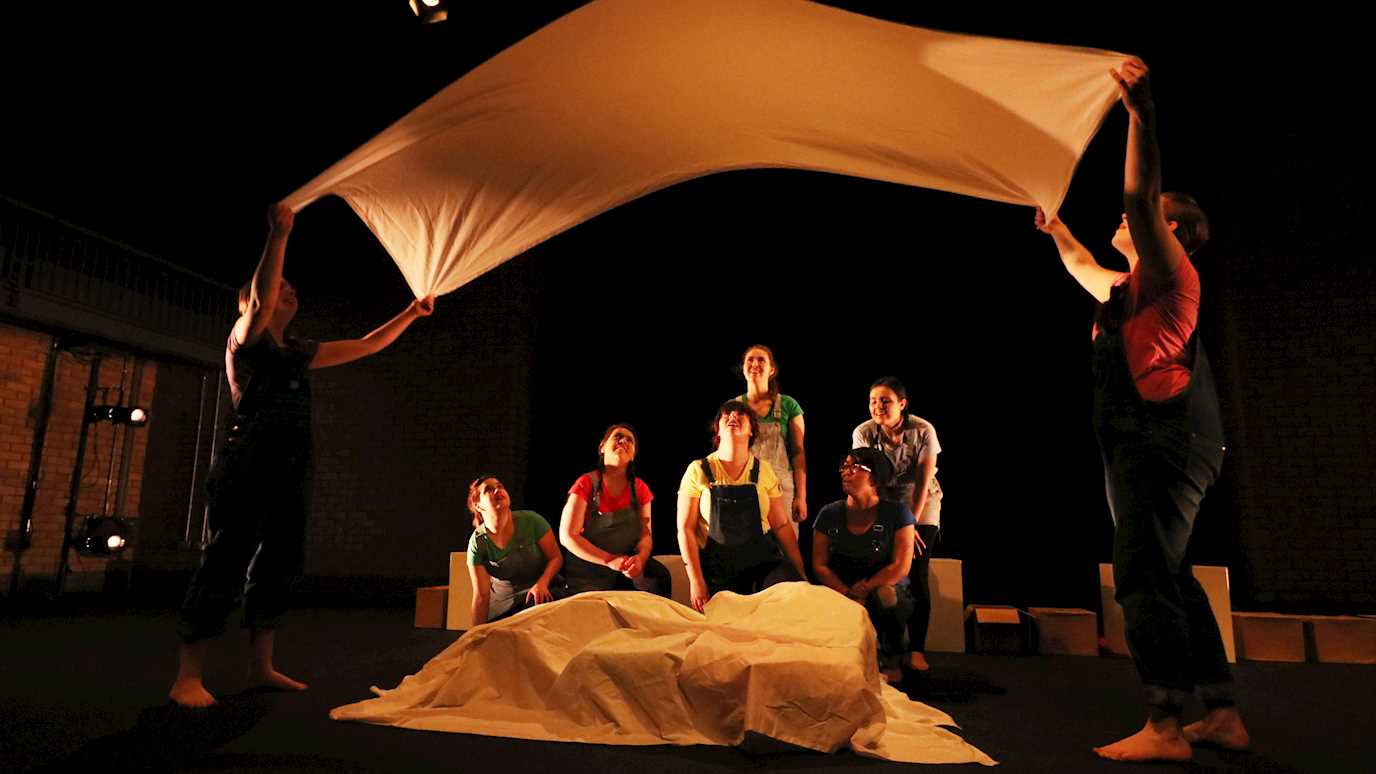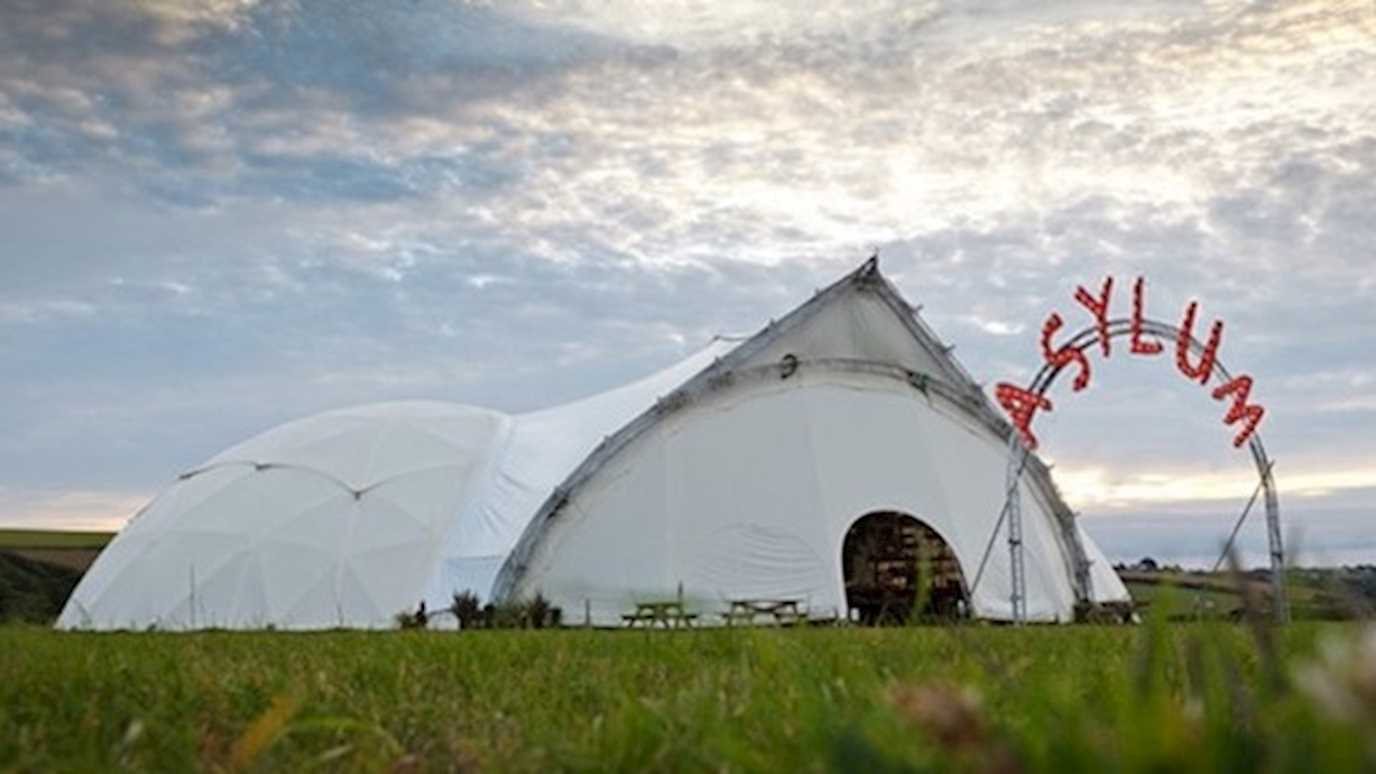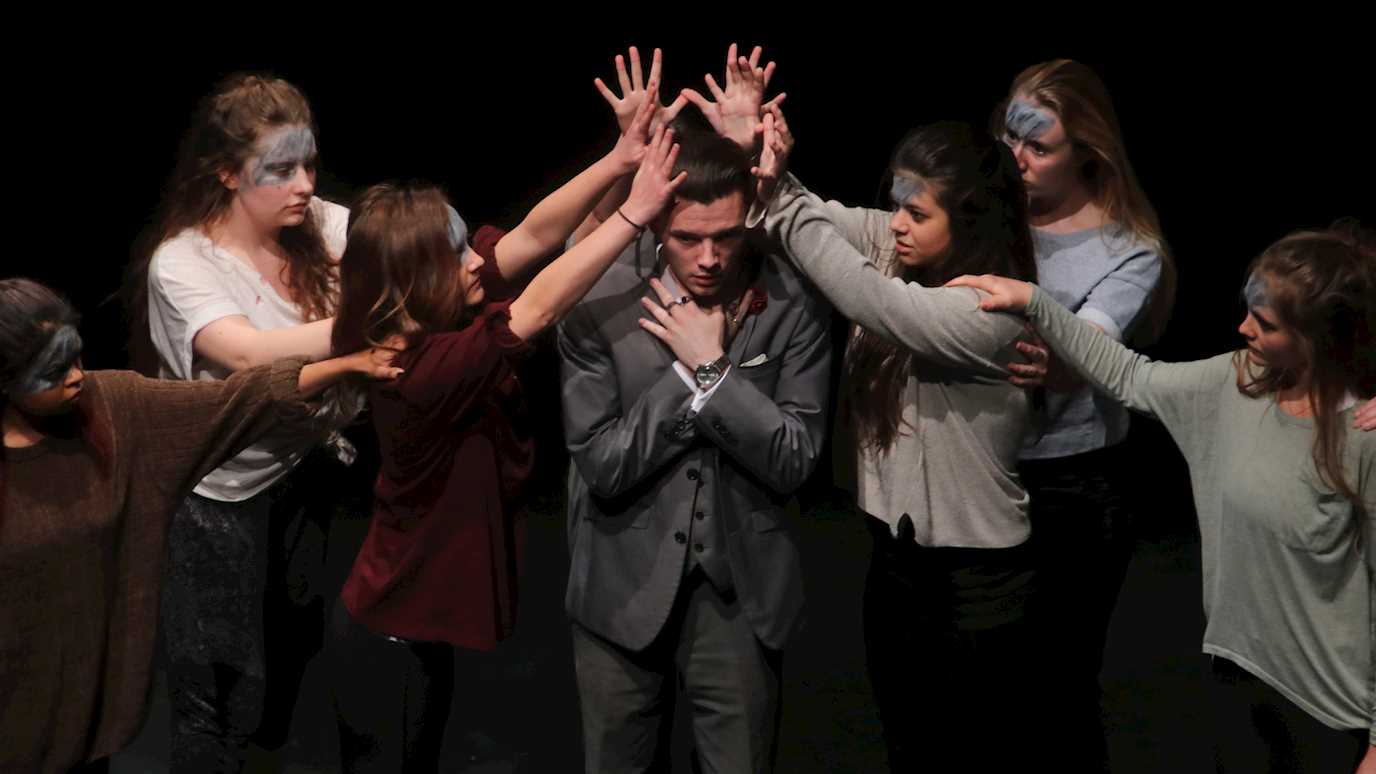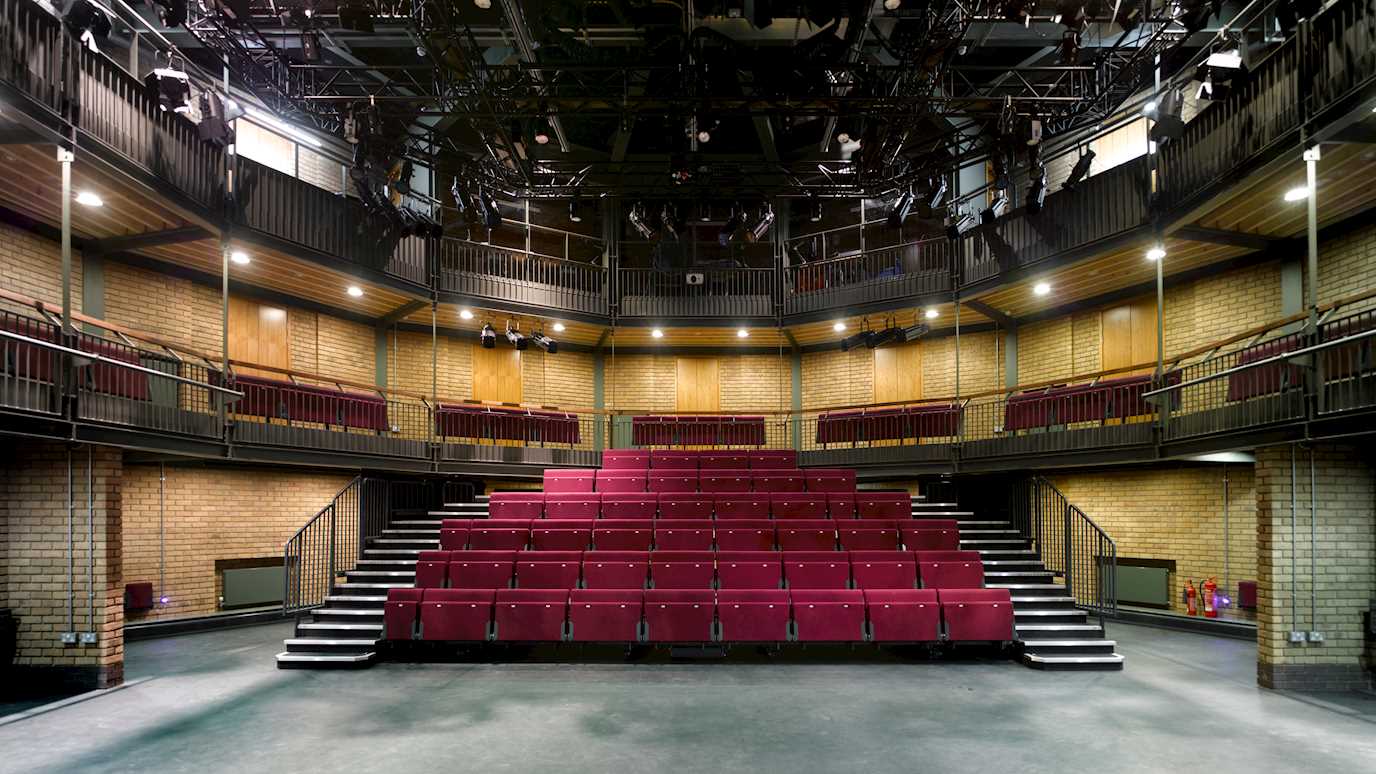This year marks the 150th anniversary of the Paris Commune of March-May 1871. Professor Dan Rebellato of the Department of Drama, Theatre & Dance is delivering five essays for BBC Radio 3, exploring its continuing significance.
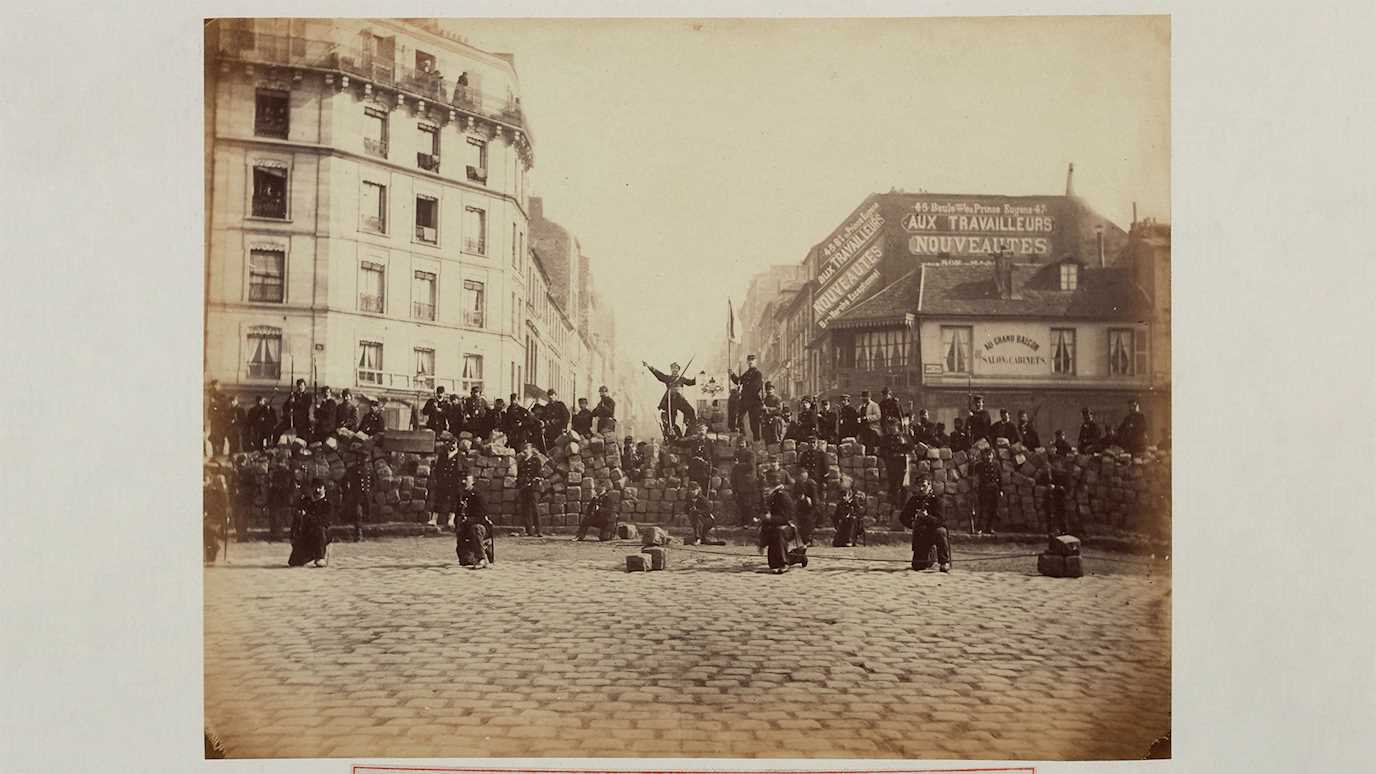
The photograph above is remarkable in several ways. It shows a barricade erected on the Chaussée Ménilmontant in Paris on 18 March 1871. This was the day Paris declared independence from the French government in Versailles and declared the Paris Commune. The photographer is unknown, though the image is one of thousands that memorialised the ten weeks of the Commune in an act of collective witness and commemoration. The Chaussée Ménilmontant is on the east of the city so it is likely that these barricades were as much defending the city against the Prussians, who were still parked outside the city walls (Paris would still be a mostly walled city until the 1920s). The location is now the intersection of the Boulevard de Belleville and the rue Ménilmontant, looking East. It is perhaps a tiny token of the failure of the Commune’s aspirations that the building on the right is now a KFC.
The siege of Paris by the Prussian army in the fiercely cold winter of 1870-71 led to terrible starvation and disease. Having survived that, though, Parisians were appalled by the armistice negotiated by the Government of National Defence which saw Prussian troops marching in triumph down the Champs Élysées. They were even more alienated from the Government by the elections of February 1871 which saw the country as a whole elect a right-wing, monarchist National Assembly, while Paris had elected overwhelmingly republican representatives. When the provisional head of government Adolphe Theirs sent French troops to seize the cannon of the National Guard (who had themselves been radicalised during the months of the Siege), the crowd resisted, insisting on their rights of self-defence and self-determination. Thiers’s forces withdrew and, almost inadvertently, Paris was under the control of radical republicans. What followed was a ten-week experiment in radical democracy, with new socialist, feminist, liberal and utopian policies and the red flag of the Commune flying above the Hôtel de Ville. The whole thing came to a brutal end in the semaine sanglante (bloody week) of 21-28 May when the Versailles army, having spent since 8 April shelling the city, invaded, indiscriminately shooting and killing many thousands of Communards.
Even its most passionate admirers would not claim that the Commune was an unqualified success; even before its brutal suppression, the Commune was sometimes directionless, riven with factions, and at key moments it failed to live up to its own principles. At its best, though, it was visionary, radical and, in many ways, extremely successful. Many of the ideas that so horrified bourgeois France in 1871 are now mainstream. Others still have the power to shock, challenge, and inspire. Its debates are our debates. The days of the Commune are our days.
I’ve written five essays, each looking at different aspects of the Commune and thinking about how we might still learn from it today. The themes are: people, education, art, destruction, and women.
They will be broadcast at 10.45pm from 3-7 May 2021 on BBC Radio 3, and will be available thereafter online and via the BBC Sounds app. The producer is Polly Thomas.
Vive la Commune!
Dan Rebellato










